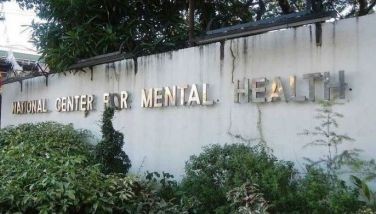Cebu City squatting, site dev’t ordinance planned
CEBU, Philippines - Due to the Cebu City government’s problem on informal settlers and under-developed relocation sites, City Councilor Alvin Dizon would file this month a proposed ordinance institutionalizing site development and lot acquisition for the socialized housing program of the city.
Based on records of the city’s Department for the Welfare of the Urban Poor, there are at least 41,000 informal settlers in the city waiting for relocation.
“The city-owned relocation sites still need to be fully developed to ensure that they can withstand and adapt to the effects of climate change,” Dizon stated in his proposed measure.
He said there is a need to strengthen the city’s socialized housing program to make it responsive to the ever-increasing housing needs of the city’s residents, especially the urban poor.
“The housing demand, especially for lower-income households, will continue to increase due to rapid urbanization and population growth,” Dizon said.
“It is imperative for the city government to invest in its socialized housing program not only to address the housing needs of its constituents but as a concrete poverty reduction strategy,” he added.
Dizon said the city has so far distributed 10,464 home lots to 88 homeowners’ associations.
He said the main challenges to the booming real estate industry are the continued proliferation of informal settlements, rapidly increasing housing backlog due to urban-rural migration and population increase, and inadequate proper relocation sites and settlements.
If Dizon’s proposed measure is approved, P100 million would have to be allocated annually for the city’s socialized housing program, with half of the amount for site development and the other half for lot acquisition.
Section 4 of the proposed ordinance states “the annual allocation of P50,000,000 for lot acquisition shall be exclusively used to purchase lands for socialized housing to serve as relocation sites for families living in private lands with court-ordered demolitions; families living in creeks, riverbanks, land-slide prone areas and other danger zones; and fire victims who are no longer allowed to construct their homes in the burnt area after reblocking or other valid causes.
Furthermore, the annual allocation of P50,000,000 for site development shall be exclusively used for existing and future relocation sites.
Among others, it also mandates slum upgrading or on-site upgrading, including public lands occupied by informal settlers razed by fire, construction of medium-rise buildings for socialized housing beneficiaries, and construction of housing units for socialized housing beneficiaries.—Mechelle P. Florita/RHM (FREEMAN)
- Latest




















